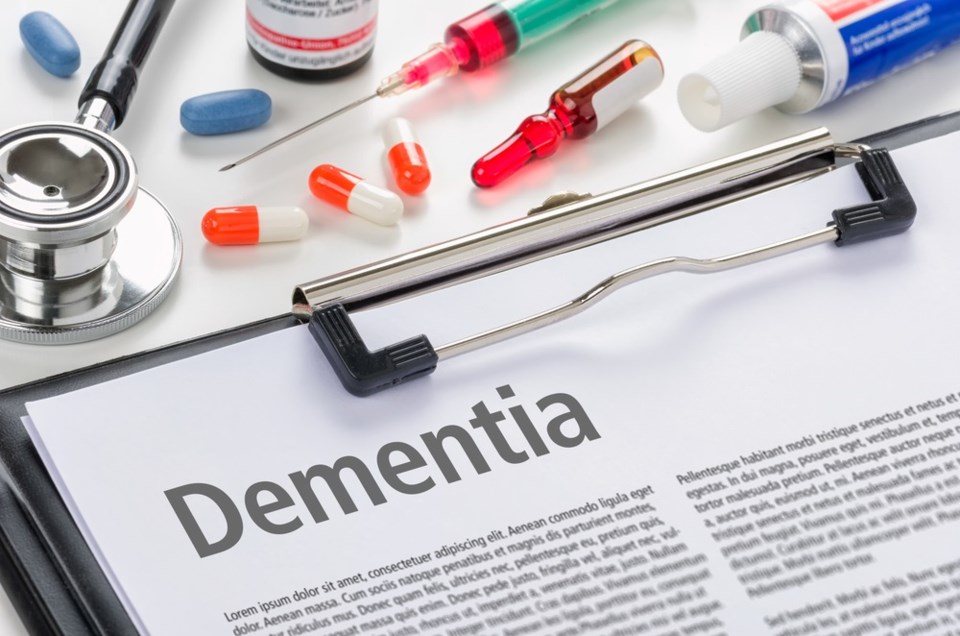Nipissing University, in partnership with Brunel University London, the Retired Teachers Foundation of Ontario (RTOERO) and Rare Dementia Support (RDS) Canada, invites you to explore the impact of social connections at Sip and Sonder: Connections with Self, Family, Community and the Natural Environment anytime today from 1 to 5 p.m. and Thursday, November 2 from 10 a.m. to 5 p.m. at the North Bay Museum.
Sip and Sonder aims to stimulate conversations around the importance of social health and social connectedness and will feature an installation of stories of connection and living with dementia through map drawing.
“Social health through connectedness are important components of overall health,” said Dr. Mary Pat Sullivan, Professor of Social Work at Nipissing University and RDS Canada Director. “Oftentimes, social connectedness is impacted as a result of long-term health conditions and living in northern, rural or small urban communities. This event highlights the importance of social connection in our lives through the perspective of those living with dementia using a tool called an eco-map.”
“Eco-maps”, created by participants of the Social Connections and Living with Dementia study, funded by RTOERO, will be on display. An eco-map is an innovative tool that locates an individual and family or friends within their current context. It provides a visual representation of a person’s or family’s connections, the quality of those connections, and the flow of energy and resources to and from connections. The eco-maps presented at Sip and Sonder were completed by people living with dementia and/or their family supporters to explore the risk and their resilience through the lens of connection.
Attendees will have the opportunity to draw their own eco-maps to visualize their connectedness with family, friends, community and the natural environment.
Admission is free and light refreshments available.
For more information on Rare Dementia Support Canada and the specialized support it offers to Canadians, visit www.raredementiasupport.ca.



